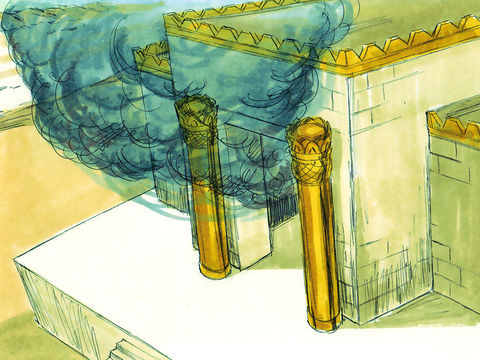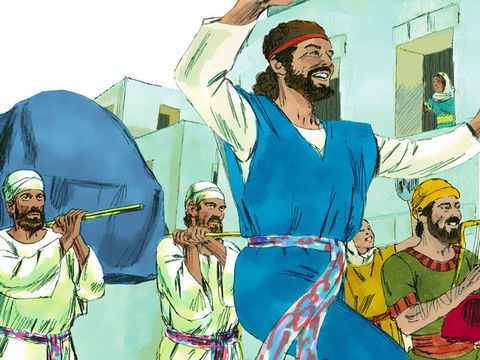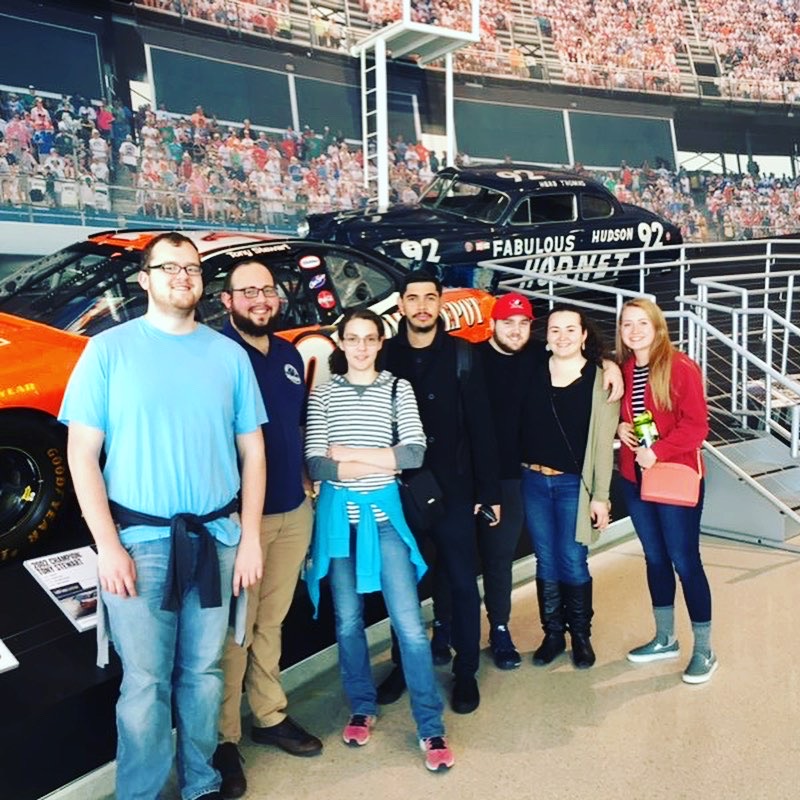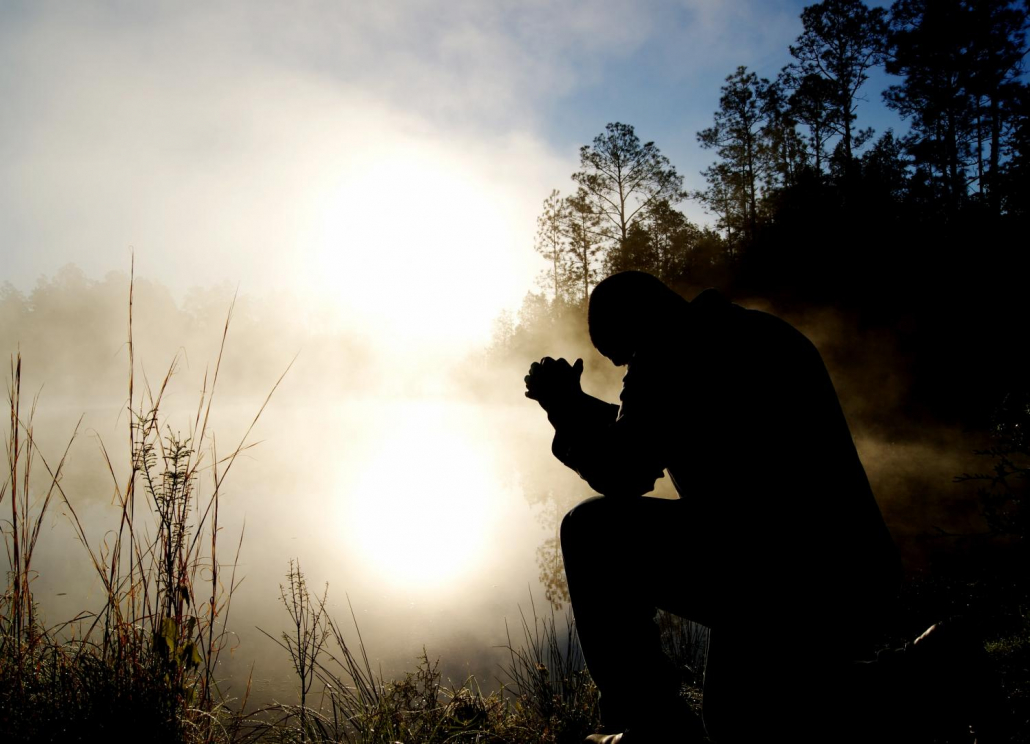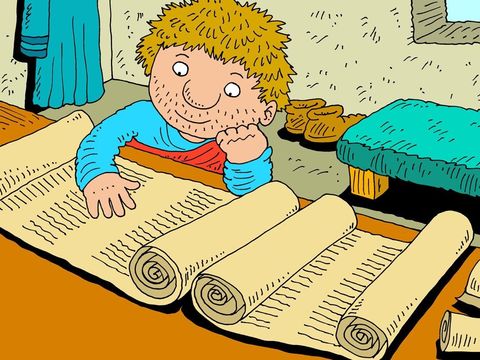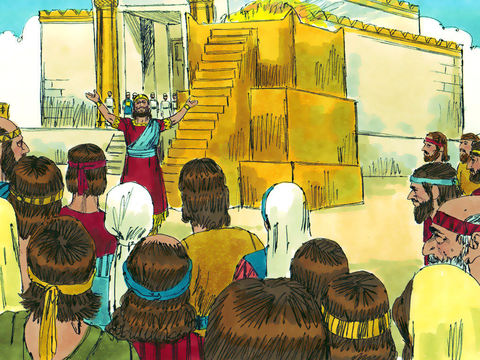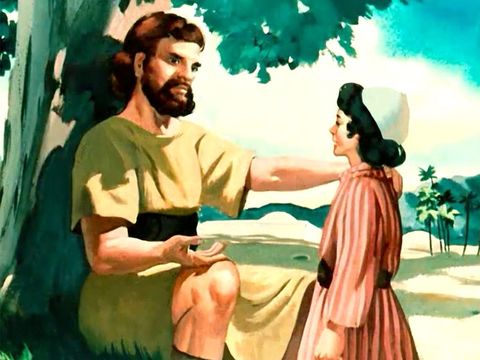Children’s Bible Program – Level 3: Lesson 53 “Nehemiah”
Featured Passage: Nehemiah 1-6
The temple in Jerusalem had been rebuilt by the group of captives that had been allowed to return to the city. However, even though the temple was completed and rededicated, there was still trouble for the people. The walls of the city were broken and Jerusalem was not protected from the attacks of the surrounding enemies. At the time, a man named Nehemiah worked as the cupbearer for the Persian king Artaxerxes. Nehemiah heard that the people in Jerusalem were in distress and he became very sad, and cried out to God for help. God, hearing Nehemiah’s prayer, had a plan to help the people through the kindness of a king and the leadership of a cupbearer.
Discuss:
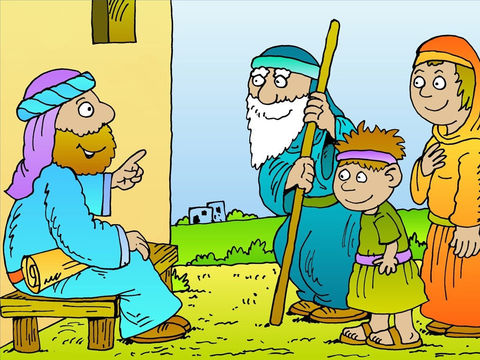
- What was Nehemiah’s first reaction when he heard about the situation in Jerusalem? What can we learn from his actions?
- What are the responsibilities of a cupbearer? How did the king notice something was wrong when Nehemiah came before him? What does this tell us about the kind of person Nehemiah was?
- How did Nehemiah organize the building of the wall? Why do you think he did it this way?
- What kind of difficulties did the people have as they were trying to build the walls? What was the response of the builders to the adversity they met? What should our response be when we have difficulties trying to accomplish our goals in life?
- How long did it take the people to finish rebuilding the walls? What roles did Nehemiah play in helping the people finish the job so quickly?
Memory Challenge:
Nehemiah 2:17
Then I said to them, “You see the distress that we are in, how Jerusalem lies waste, and its gates are burned with fire. Come and let us build the wall of Jerusalem, that we may no longer be a reproach.”

